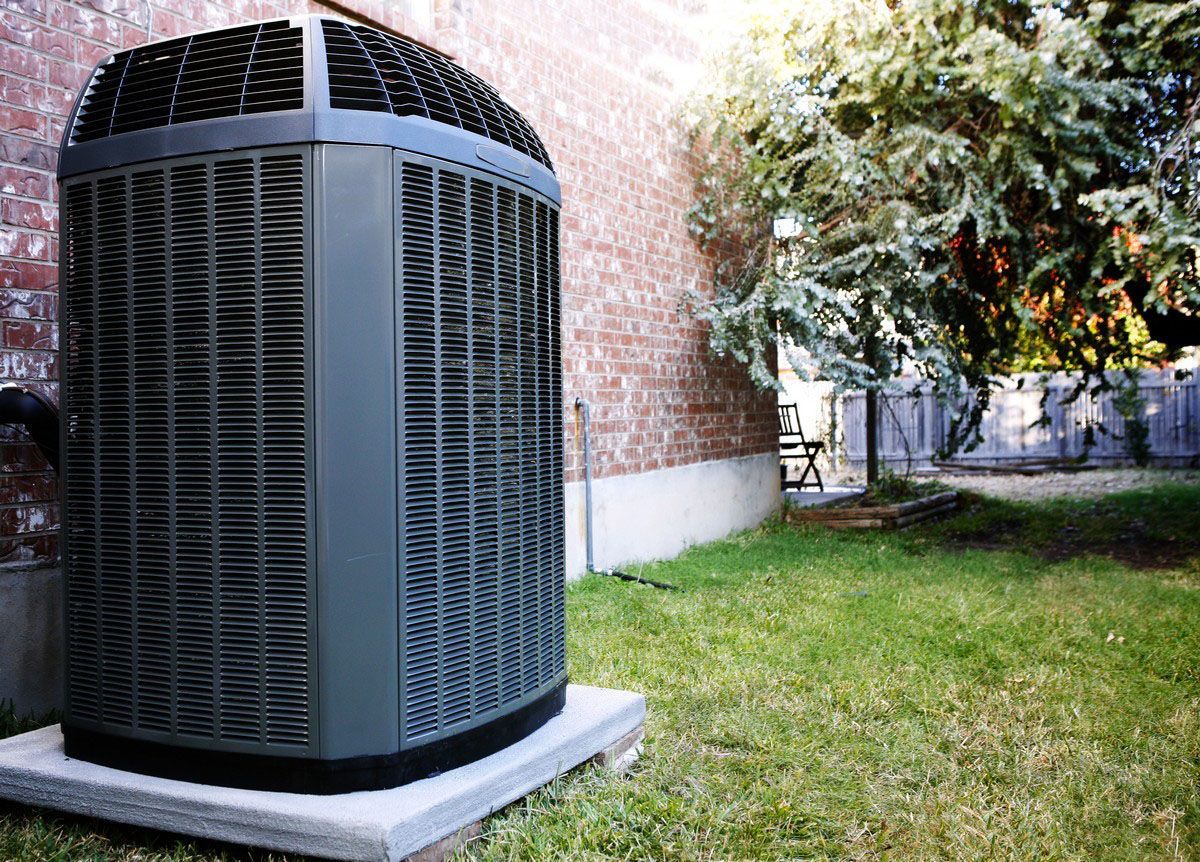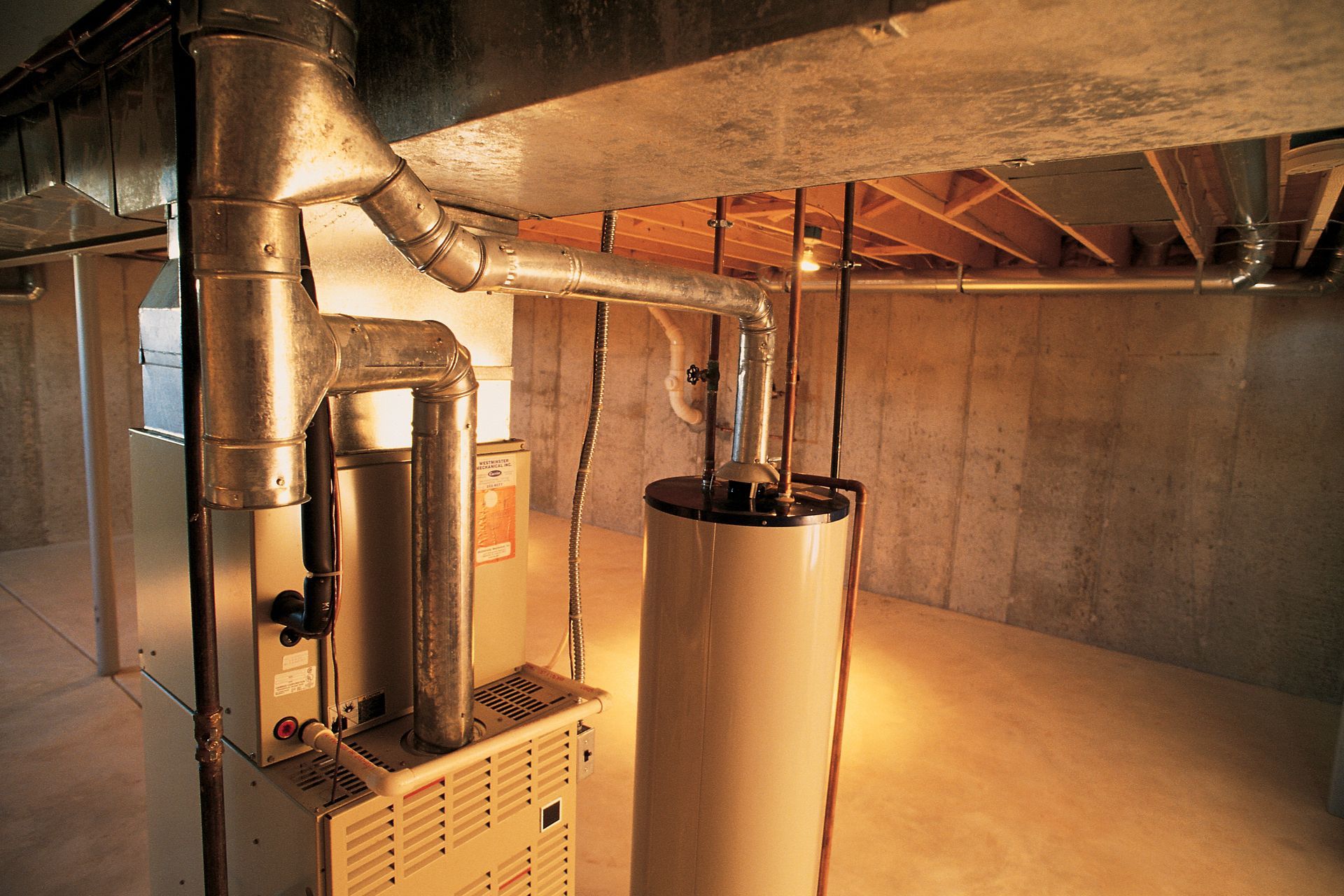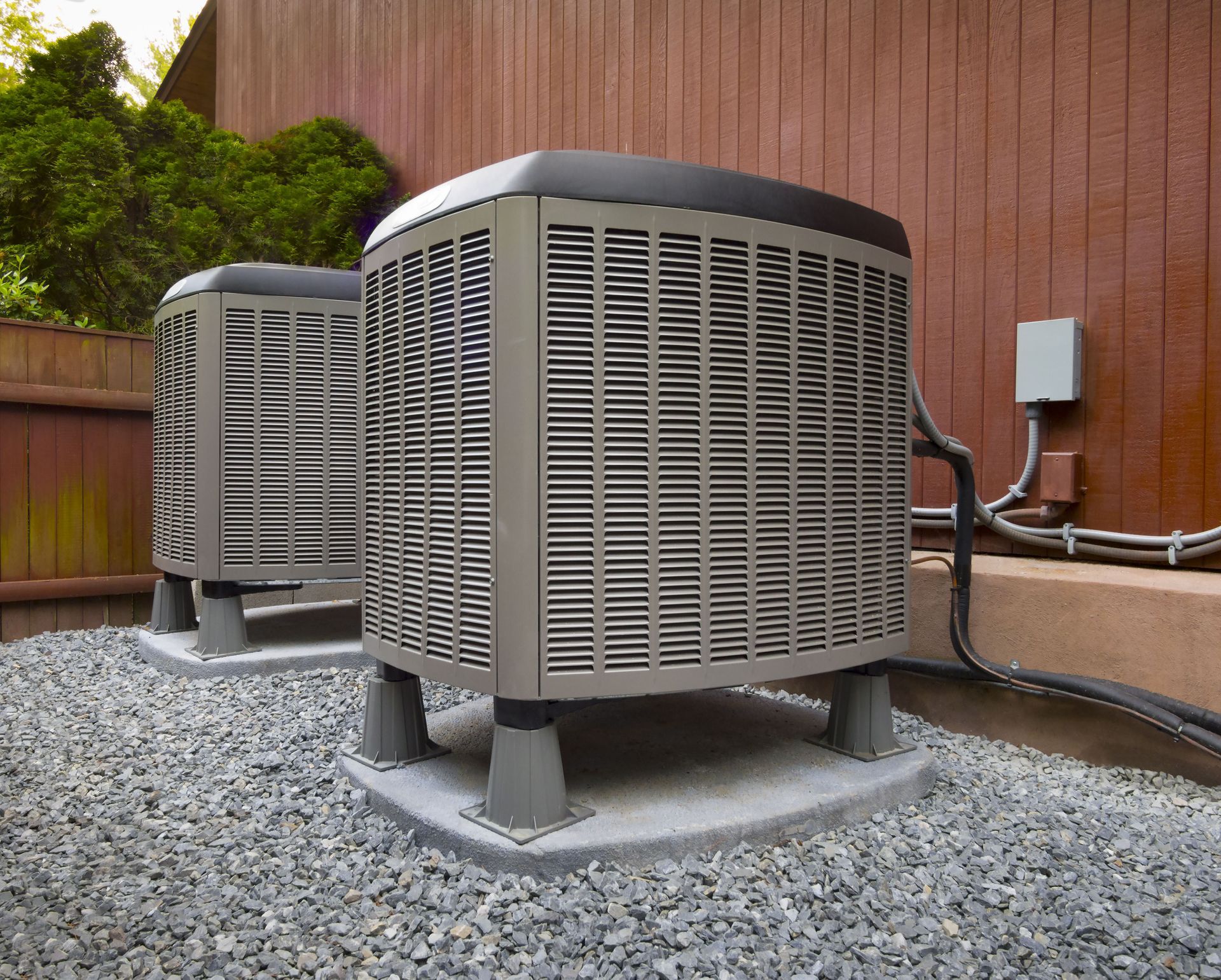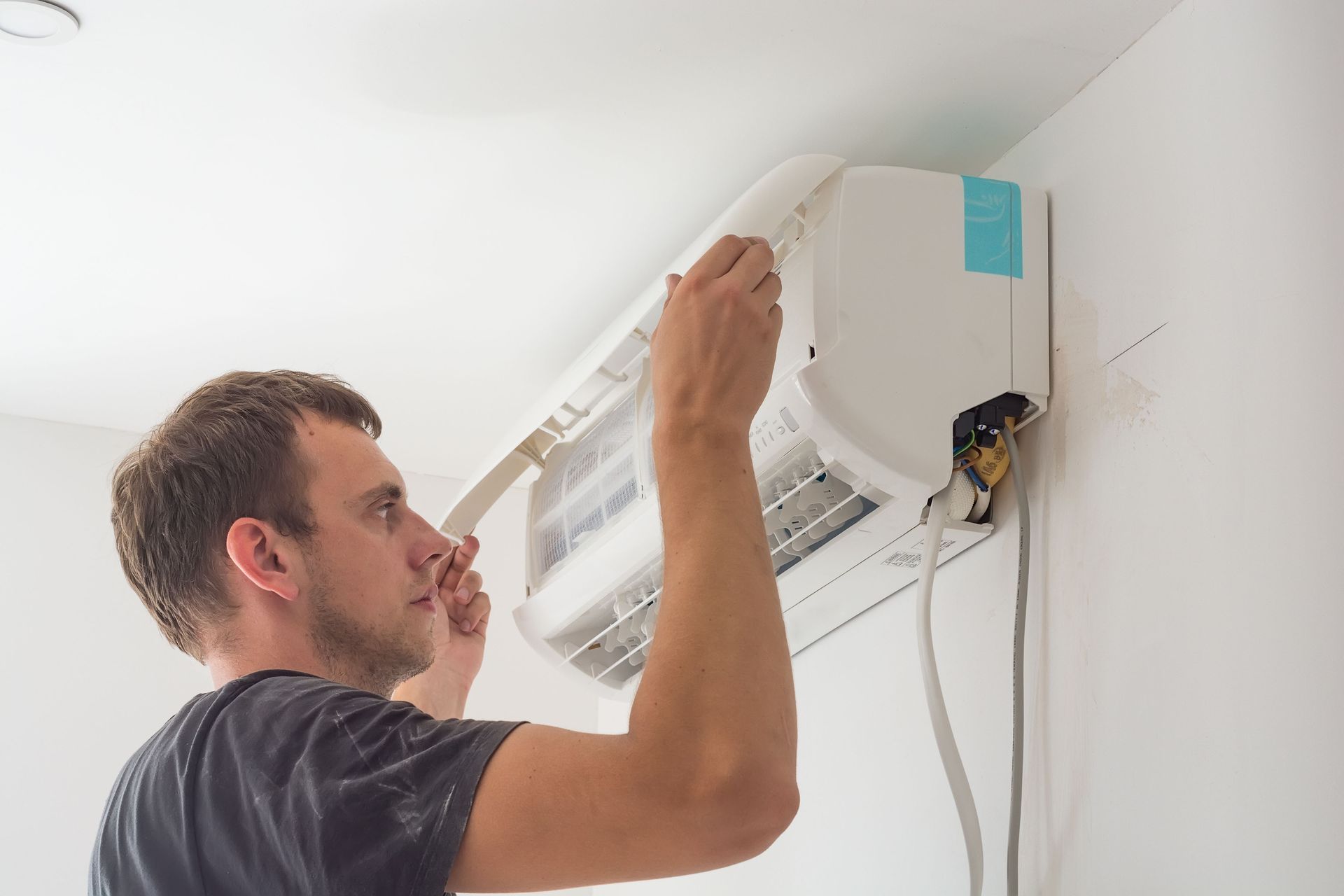How an HVAC System Can Improve Your Family's Health and Happiness
In this modern age, the importance of Indoor Climate Control Systems, specifically Heating, Ventilation, and Air Conditioning (HVAC) systems, has transcended beyond mere comfort. Their impact on family health and overall happiness is significant. This article explores the multifaceted benefits of HVAC systems, illustrating how they contribute to a healthier, more joyful family life. HVAC systems have become integral to maintaining a safe and comfortable home environment. Investing in a quality HVAC system is more than just an upgrade—it's a commitment to well-being.
1. Enhancing Air Quality
1.1 Reducing Airborne Allergens
HVAC systems play a crucial role in reducing airborne allergens, significantly contributing to a healthier home environment. Through filtration components, these systems capture particles like dust, pollen, and pet dander, which are common allergens. This filtration helps minimize allergic reactions and respiratory issues, fostering a space where family members can breathe easier. Allergy sufferers find relief as fewer allergens circulate in the air, reducing sneezing, congestion, and other allergic symptoms. The benefits go beyond comfort, impacting the overall health and daily life quality for all family members.
1.2 Eliminating Harmful Pollutants
HVAC systems are instrumental in reducing indoor air pollution by eliminating harmful pollutants. Modern systems are equipped with advanced filters that trap harmful particles like mold spores, bacteria, and viruses. By removing these contaminants, HVAC systems contribute to a healthier living space and prevent the spread of disease. Cleaner air means a healthier indoor environment, reducing the risk of respiratory infections and other pollution-related health issues. This proactive approach to air quality ensures that families can enjoy a healthier, safer home.
1.3 Controlling Humidity Levels
Humidity control is another significant advantage of air-conditioning systems, regulating moisture levels in the home. Excessive humidity can lead to the growth of mold and mildew, contributing to poor air quality and health problems. An efficient HVAC system prevents these issues by maintaining optimal humidity levels, ensuring comfort and a healthier living environment. This control also protects home structures and furnishings, reducing maintenance costs over time. By providing consistent humidity management, HVAC systems enhance both comfort and health.
1.4 Removing Unpleasant Odors
HVAC systems contribute to a pleasant indoor environment by effectively removing unpleasant odors from the home. Advanced filtration and ventilation processes help eliminate stale air and unpleasant smells, whether from cooking, pets, or other sources. This constant air circulation and purification create a fresher, more inviting living space for all family members. The psychological benefits of pleasant-smelling air include improved mood and comfort in one's surroundings. Such environmental improvements significantly enhance the home's overall coziness and appeal.
1.5 Decreasing Indoor Toxins
HVAC systems are vital in decreasing indoor toxins, thereby enhancing the overall air quality within a home. These systems help filter out volatile organic compounds (VOCs) and other chemical pollutants found in household products and materials. By reducing exposure to these toxins, HVAC systems protect family health and contribute to a safer living environment. The result is a reduction in health risks related to chemical exposure, such as headaches, allergic reactions, and long-term respiratory issues. This crucial aspect of air management ensures families can thrive in a clean, toxin-free environment.
2. Regulating Indoor Temperature
2.1 Maintaining Optimal Comfort Levels
Temperature regulation is a primary function of HVAC systems, providing optimal comfort for residents year-round. By maintaining a consistent indoor climate, these systems ensure that homes remain comfortable regardless of external weather conditions. Consistent indoor temperatures prevent discomfort caused by extreme heat or cold, offering a sanctuary from the elements. The ability to control temperature to suit individual preferences also contributes to a personalized living experience. In providing unwavering comfort, HVAC systems directly impact the overall happiness of those within the home.
2.2 Improving Sleep Quality
Proper temperature regulation through HVAC systems significantly improves sleep quality, which is essential for overall health and wellness. Maintaining a cooler environment is particularly beneficial for sleep, as it helps regulate the body's natural temperature drop needed for restful sleep. Systems that allow for temperature adjustments can facilitate an ideal sleep environment, promoting deeper and more restorative sleep. Improved sleep leads to better mood, increased productivity, and enhanced physical and mental health. HVAC systems that deliver optimal conditions for sleep play a critical role in fostering family well-being.
2.3 Boosting Productivity and Focus
A controlled indoor climate can significantly enhance productivity and focus, crucial for work-from-home requirements or student study needs. HVAC systems mitigate temperature-related distractions, allowing family members to concentrate on tasks without discomfort. This optimal environment supports both educational achievements and work performance, contributing to overall family success. Furthermore, consistent and comfortable temperatures ensure that physical discomfort does not disrupt concentration or task completion. By fostering a productive environment, HVAC systems play an essential role in achieving daily goals.
2.4 Supporting Active Lifestyles
An effective HVAC system can promote and support an active lifestyle within the home. By providing a comfortable indoor climate, these systems make physical activities like at-home workouts more feasible and enjoyable. A consistent climate encourages family members to engage in exercise routines without being hindered by uncomfortable temperature fluctuations. This support can lead to improved physical health, greater energy levels, and enhanced overall well-being. In addition, by promoting an active lifestyle, HVAC systems contribute to long-term health benefits for the entire family.
2.5 Preventing Heat- and Cold-Related Illnesses
HVAC systems play an essential role in preventing health issues related to extreme temperatures, such as heatstroke or hypothermia. By efficiently regulating indoor temperatures, these systems protect family members from the dangers associated with excessive heat or cold. Ensuring a safe indoor temperature is particularly crucial for vulnerable populations, including children, the elderly, and those with pre-existing health conditions. As a result, HVAC systems offer an additional layer of protection against weather-related health threats. Families that employ well-functioning systems enjoy peace of mind knowing their loved ones are safe from temperature extremes.
3. Promoting Energy Efficiency
3.1 Lowering Energy Bills
Energy-efficient HVAC systems are designed to lower energy bills, offering substantial financial benefits for families. By optimizing energy use, these systems minimize unnecessary consumption and reduce utility costs. Families can better manage their budgets without sacrificing comfort or health, thanks to the advanced technology in modern HVAC systems. Additionally, lower energy consumption contributes to reduced environmental impact, creating a win-win for homeowners and the planet. The long-term savings from reduced energy bills make energy-efficient HVAC systems a smart investment all around.
3.2 Supporting Green Living
Many modern HVAC systems align with green living practices, focusing on sustainability and reducing environmental impact. By using energy-efficient models and alternative energy sources, homeowners can lessen their carbon footprint. The move towards eco-friendly HVAC solutions supports a greener future and promotes responsibility for family health and the planet's well-being. Using less energy helps conserve natural resources, contributing to more sustainable living practices. By choosing HVAC systems that prioritize sustainability, families help protect the environment for generations to come.
3.3 Enhancing System Longevity
Energy-efficient HVAC systems are built to last, offering enhanced longevity that provides long-term benefits to homeowners. With regular maintenance and proper care, these systems operate efficiently and remain effective longer than older models. This reliability reduces the need for frequent repairs or replacements, saving time, effort, and expense. In turn, the extended lifespan of an effective HVAC system translates to consistent comfort and quality air control over many years. Families can enjoy reliable climate control, investing in a durable and energy-conscious solution.
According to Sensible Digs, almost 100 million homes benefit from air conditioning in the United States. Regular maintenance, combined with high-quality system components, extends the lifespan of HVAC systems. Proper care allows these systems to operate effectively for longer, offering families a sustained return on investment. A longer system lifespan reduces the frequency and cost of replacements, which can be substantial over time. Additionally, an extended-life system continues to provide the comfort and health benefits that families rely on for their day-to-day activities. Be sure to reach out to Kimbro Air today for more information on our professional HVAC services!





Share On: